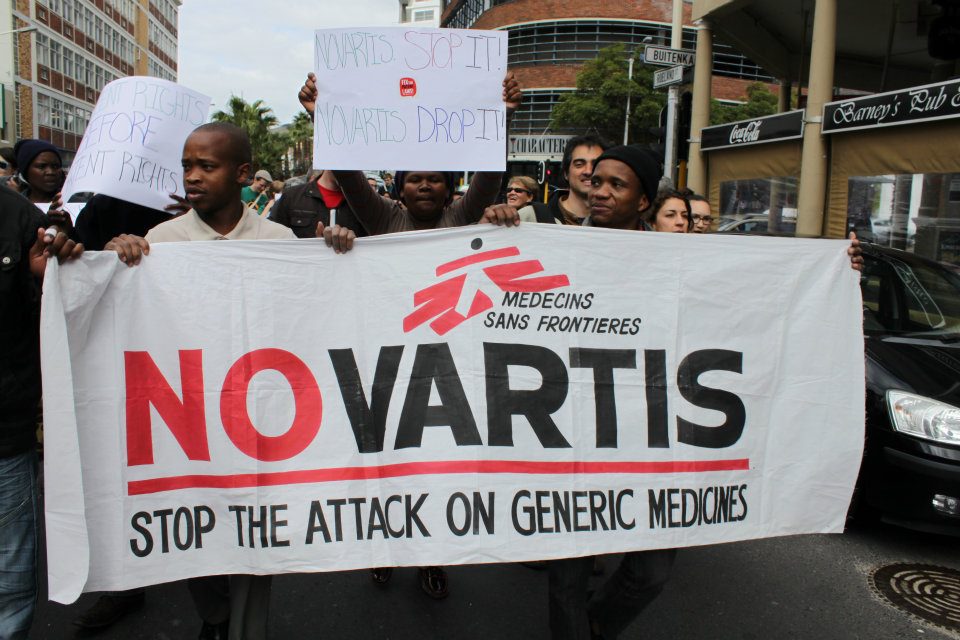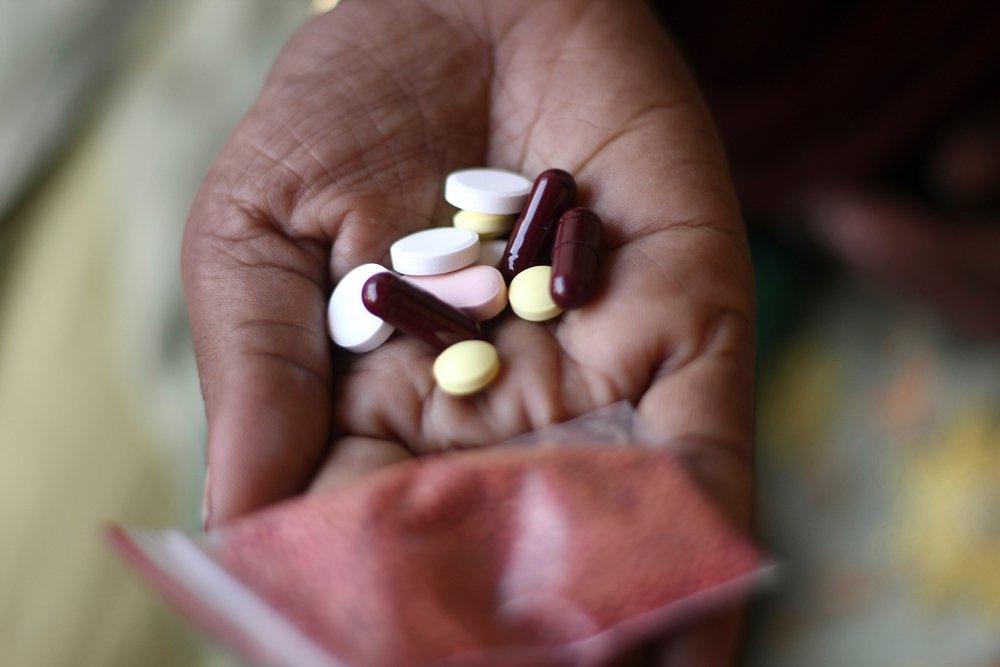The landmark decision on Monday by the Indian Supreme Court in Delhi to uphold India's Patents Act in the face of the seven-year challenge by Swiss pharmaceutical company Novartis, is a major victory for access to affordable medicines in developing countries, and sets a strong example for South Africa to follow as it amends its patent laws, according to the medical humanitarian organisation Doctors Without Borders (MSF)
Read MSF' press statement: Indian Supreme Court delivers verdict in Novartis case
 |
| Cape Town. Photo: Mary-Jane Matsolo |
Section 3(d) of India’s patent law prevents companies from gaining patents on modifications to existing drugs, in order to extend monopolies. Novartis filed suit against the law in 2006, in order to gain greater patent protection for a mesylate salt form of its cancer drug, imatinib (branded as Gleevec), but lost the initial case in an Indian High Court.
By upholding this decision and the legality of Section 3(d), the Indian Supreme Court has verified that India can reject frivolous patent applications and, as a result, keep providing affordable Indian generic medicines to patients in developing countries.
The Novartis ruling is critically important for South Africa, as the Department of Trade and Industry (DTI) is currently drafting amendments to the country’s outdated patent laws. While India has weathered an intense legal battle to maintain its critical approach for granting patents, South Africa’s patent system does not include protections like India’s Section 3(d) at all. Instead, South Africa allows companies to easily register patents and extend monopolies through minor drug modifications.
“South Africans are missing out on affordable versions of life-saving medicines because generic competition is blocked by frivolous patents that prevent or delay generic competition,” said Julia Hill of MSF’s Access Campaign in Johannesburg.
While India avoided patenting imatinib, South Africa granted Novartis an initial patent on imatinib in 1993, which expires this month. However, secondary patents granted by South Africa, including one on imatinib mesylate salts, extend Novartis’ monopoly until 2022. As a result, treating a patient with imatinib for a year in South Africa costs $33,896 (R312,234) — 259 times more expensive than the least expensive Indian generic alternative.
Maintaining high prices on certain medicines through secondary patent monopolies blocks access for South Africans and for the Department of Health. Unnecessary high drug prices drive up medical aid rates and impoverish people with life-threatening illnesses. In the public sector, some drugs are being rationed because of unnecessary high prices.
The Indian Supreme Court decision confirms that Indian patent law meets international standards. South Africa could implement similar rules without violating international trade rules – just like India did in 2005 when it amended the patent law in 2005 to comply with World Trade Organization (WTO) requirements, but kept provisions such as Section 3(d) to keep companies from abusing the patent system.
“As South Africa’s new patent law is drafted, including provisions similar to India’s Section 3(d), and implementing a patent examination system will better ensure small changes to existing medicines do not warrant new patents that keep them out of reach of those in need. MSF urges South Africa to follow India’s lead. By developing a strong legal framework, South Africa could better guarantee affordable access to life-saving medicines,” Hill said.
For more information please contact:
Kate Ribet, Media Liaison Officer, MSF SA: kate.ribet@joburg.msf.org| 079 872 2950| @kateribet
Find out more about MSF in South Africa
